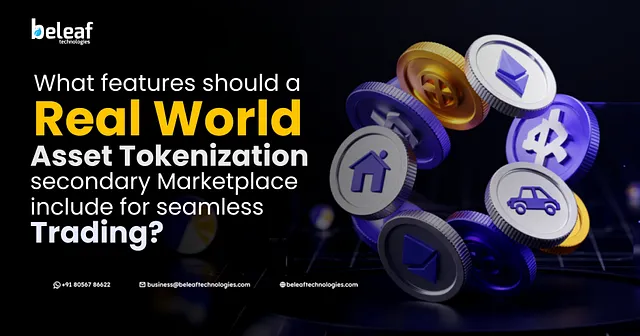Topline
Republicans are doubling down on their misleading claims that Democrats want to pay for free health care for undocumented people as a provision of their terms for ending the shutdown—with Elon Musk and other right-wing voices sharing a video of a CNN host grilling House Minority Leader Hakeem Jeffries, D-N.Y., about the political risks of their demands.
House Minority Leader Hakeem Jeffries speaks during a press conference with House Democratic Whip Katherine Clark (D-CT) and House Democratic Caucus Chair Pete Aguilar (D-CA) as the government shutdown continues in Washington, DC on October 1, 2025. (Photo by Nathan Posner/Anadolu via Getty Images)
Anadolu via Getty Images
Key Facts
In the clip of Jeffries’ appearance on CNN on Wednesday, host Jake Tapper points out that one of Democrats’ demands would roll back cuts in President Donald Trump’s signature policy bill to emergency Medicaid funding hospitals can use to pay for people without health insurance, including undocumented migrants who would qualify for Medicaid if not for their immigration status.
The emergency Medicaid funding for hospitals is available in 40 states, plus Washington, D.C.
Democrats also want to repeal new stricter Medicaid eligibility requirements included in the “One Big Beautiful Bill” Act that would block some non-citizens in the U.S. legally, such as some asylum seekers and people with temporary protected status, from accessing Medicaid.
“Why even include that in a bill knowing that they’re gonna seize right upon that?” Tapper asked Jeffries, who called Republicans’ claims that Democrats want to pay for health insurance for undocumented migrants “a lie.”
Jeffries didn’t directly answer Tapper’s question, but said “what we’re doing is fighting to protect the health care of the American people against the largest cut to Medicaid ever,” noting an estimated 14 million more people in the U.S. would be uninsured by 2034 as a result of Trump’s signature policy bill, according to the Kaiser Family Foundation nonprofit.
Musk posted the clip on X on Thursday, writing “Busted,” while the White House doubled down on the claim that “Democrats shut down the federal government to try to give taxpayer-funded benefits to illegal aliens,” which White House press secretary Karoline Leavitt wrote on X.
Contra
Republicans’ claims that Democrats want to give undocumented migrants free health care are misleading. Only non-citizens who are in the U.S. legally, such as those who have temporary protected status and asylum seekers, are eligible for Medicaid or to purchase insurance through the Affordable Care Act. Undocumented migrants are ineligible, according to the Personal Responsibility and Work Opportunity Reconciliation Act passed in 1996. Democrats’ demands that would impact undocumented migrants also represent a small fraction of federal health care spending. Medicaid reimbursements hospitals used to pay for emergency health care for undocumented people represented less than 1% of overall Medicaid spending between fiscal years 2017 and 2023, according to KFF.
Key Background
The government shut down Wednesday at midnight when fiscal year 2025 ended and the budget expired and lawmakers failed to come to an agreement on a new government funding plan. Republicans wanted to pass an extension of the existing budget, known as a “continuing resolution,” to remain in effect through Nov. 21, but they need at least seven Democrats to vote alongside all Republicans in order to meet the 60-vote threshold to break the filibuster in the Senate. All but three Democrats voted against the resolution, with leadership insisting the party’s support is contingent on extending the Affordable Care Act tax credits and rolling back the Medicaid eligibility restrictions. Republicans have blamed Democrats for the shutdown and the White House has threatened to cut funding for programs and policies they support as apparent punishment for refusing to approve the GOP plan.
Further Reading
Trump Will Meet Budget Chief ‘To Determine Which Of The Many Democrat Agendas’ He’ll Cut During Shutdown (Forbes)
Government Shutdown Begins: White House Guts Funding For Democratic-Favored Projects (Forbes)
Democrats Could Benefit From A Government Shutdown—Here’s Why (Forbes)
Source: https://www.forbes.com/sites/saradorn/2025/10/02/shutdown-blame-game-musk-says-jeffries-busted-as-health-care-debate-rages/


